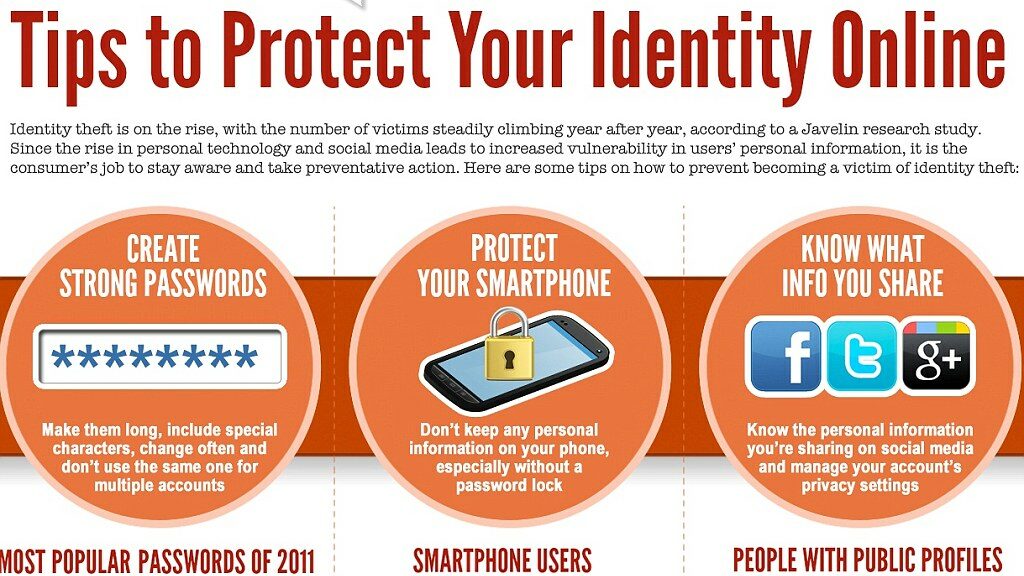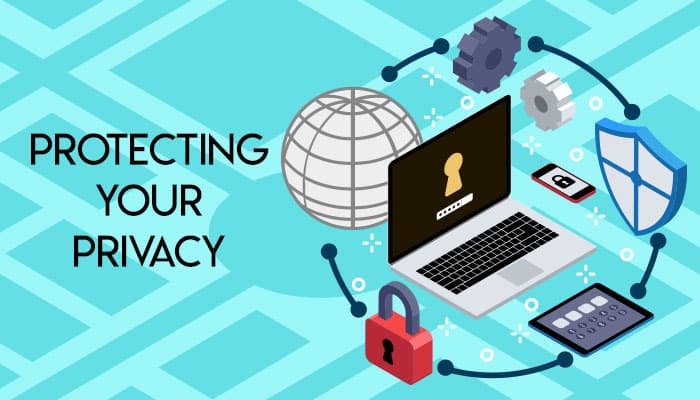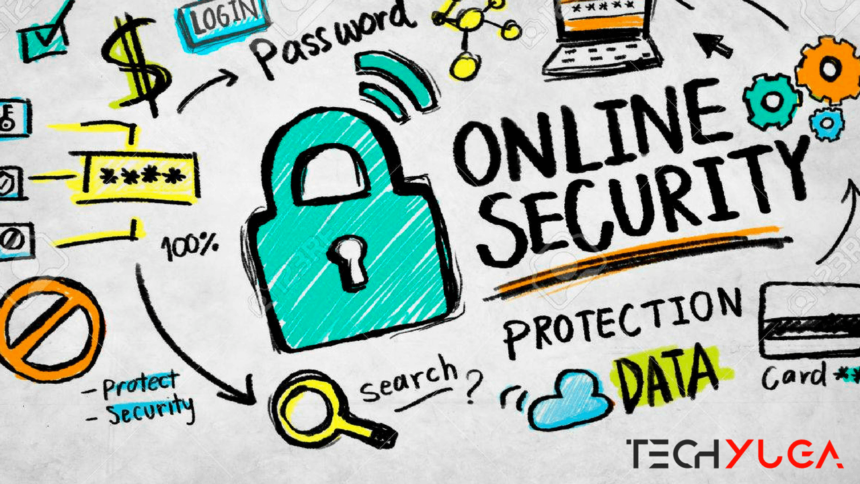In the digital age, sharing personal information on social media has become a common practice. However, experts warn that this seemingly harmless habit could put your personal information at risk. With just a simple internet search, scammers can access and misuse your data without your knowledge. Mark Kapcynski, a representative from OneRep, an online service dedicated to removing personal information from the web, emphasizes the importance of protecting your data.

Kapcynski explains that the journey to compromising your personal information often begins behind the scenes, as individuals provide their address or other personal details to access various online content. This seemingly innocuous act can have severe consequences. Personal information can end up on the dark web or appear prominently on Google, making it easy for anyone, including fraudsters, to find information about where you live and your phone number.
These ill-intentioned individuals use the data they collect to build comprehensive profiles, which can be used to bypass security questions set up by banks or credit card companies. So, how can you safeguard your identity in an age when information sharing is so prevalent?

Kapcynski offers some valuable suggestions to enhance your online privacy:
- Use a Fake Identity: Consider creating one or more online personas with fictitious information. You can use these aliases for various purposes, such as online shopping, entertainment, or financial transactions, keeping your true identity safe.
- Google Yourself: Conduct a thorough search of your name to identify potential online exposures. It’s important to be prepared to discover your information on numerous sketchy websites. You can attempt to remove this information manually or seek professional assistance.
- Automate the Process: Recognizing the overwhelming task of tracking and removing your information from numerous websites, services like OneRep offer automated solutions to address this issue. They can help you remove your data from over 200 sketchy websites, making it a more manageable task.
Kapcynski explains that it’s crucial to take action to protect your online identity, as the information you remove from these websites may resurface months later. OneRep, for instance, offers a free scan to help individuals identify which websites contain their personal information. This scan can be a real eye-opener, as it reveals the extent of personal data that might be readily accessible online.

In an age where data privacy is increasingly important, taking these precautions can significantly reduce the risk of your personal information being exploited by malicious actors. Remember that safeguarding your online identity is an ongoing process, and it’s vital to remain vigilant and proactive in protecting your personal information.








